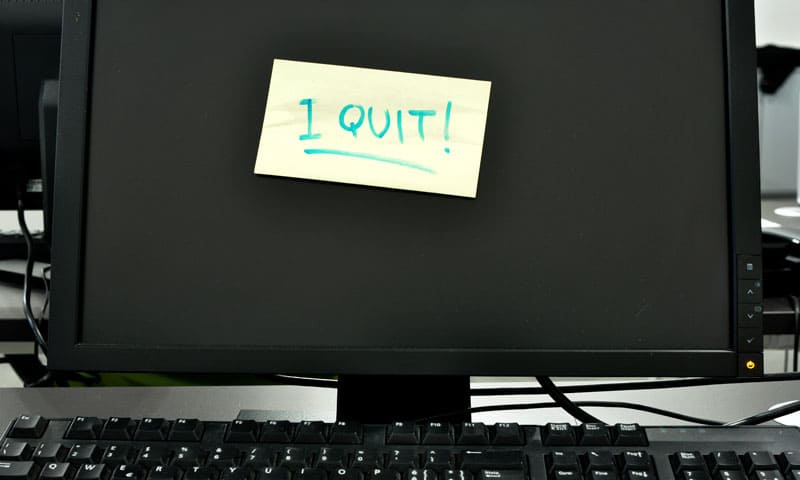A lawsuit from Iraq was dismissed on Wednesday by a United States judge that accused dozens of companies allegedly conspiring with Saddam Hussein and his regime to frustrate the oil-for-food program of the United Nations and keep $10 billion of aid from the Iraqi people, according to Reuters.
In the ruling, U.S. District Judge Sidney Stein said that Iraq’s government could not recover any damages under an anti-racketeering law. The reason for this is that most of the inappropriate conduct took place in foreign countries.
“The court rejects Iraq’s view that it may sidestep responsibility because the conduct was illegal or the actors held power illegitimately,” he wrote.
The lawsuit was filed in 2008 and it named over 90 companies, affiliates and subsidiaries as defendants. The lawsuit was in regards to the $64.2 billion oil-for-food program, which operated from 1996 to 2003.
Some of the companies named include the following: French bank BNP Paribas SA, which administered a U.N. escrow account for the program; Swiss engineering company ABB Ltd ; Dutch chemicals company Akzo Nobel NV ; U.S. oil company Chevron Corp ; German automaker Daimler AG ; British drugmaker GlaxoSmithKline Plc , and German electronics company Siemens AG.
“It is clearly the right decision,” said Robert Bennett, a lawyer representing BNP Paribas. “I am enormously pleased.”
The lawyer representing ABB, James Gillespie, said that Judge Stein “followed the arguments in the defendants’ papers very closely, and in our view correctly applied the law.”
The program, created by the United Nations, permitted Iraq to sell oil in order to finance purchases of medicine, food, and other goods for its citizens that were hurt by international trade sanctions placed on the country.
In a report released by former U.S. Federal Reserve Chairman Paul Volcker, Iraq sold $64.2 billion of oil to 248 companies in the program. In return 3,614 companies sold $34.5 billion of goods to Iraq.
Hussein was removed from power in 2003 and then executed in 2006.

















































